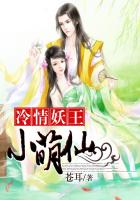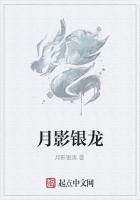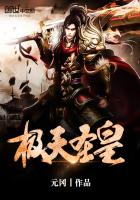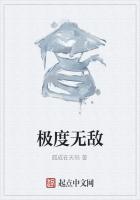The literature of the heroic age discloses to us law in the germ under the "Themistes" and a little more developed in the conception of "Dike." The next stage which we reach in the history of jurisprudence is strongly marked and surrounded by the utmost interest. Mr. Grote, in the second part and second chapter of his History, has fully described the mode in which society gradually clothed itself with a different character from that delineated by Homer. Heroic kingship depended partly on divinely given prerogative, and partly on the possession of supereminent strength, courage, and wisdom. Gradually, as the impression of the monarch's sacredness became weakened, and feeble members occurred in the series of hereditary kings, the royal power decayed, and at last gave way to the dominion of aristocracies.
If language so precise can be used of the revolution, we might say that the office of the king was usurped by that council of chiefs which Homer repeatedly alludes to and depicts. At all events from an epoch of kingly rule we come everywhere in Europe to an era of oligarchies; and even where the name of the monarchical functions does not absolutely disappear, the authority of the king is reduced to a mere shadow. He becomes a mere hereditary general; as in Lacedaemon, a mere functionary, as the King Archon at Athens, or a mere formal hierophant, like the Rex Sacrificulus at Rome. In Greece, Italy, and Asia Minor, the dominant orders seem to have univerally consisted of a number of families united by an assumed relationship in blood, and, though they all appear at first to have laid claim to a quasi-sacred character, their strength does not seem to have resided in their pretended sanctity. Unless they were prematurely overthrown by the popular party, they all ultimately approached very closely to what we should now understand by a political aristocracy. The changes which society underwent in the communities of the further Asia occurred of course at periods long anterior in point of time to these revolutions of the Italian and Hellenic worlds; but their relative place in civilisation appear to have been the same, and they seem to have been exceedingly similar in general character. There is some evidence that the races which were subsequently united under the Persian monarchy, and those which peopled the peninsula of India, had all their heroic age and their era of aristocracies; but a military and a religious oligarchy appear to have grown up separately, nor was the authority of the king generally superseded. Contrary, too, to the course of events in the West, the religious element in the East tended to get the better of the military and political. Military and civil aristocracies disappear, annihilated or crushed into insignificance between the kings and the sacerdotal order; and the ultimate result at which we arrive is, a monarch enjoying great power, but circumscribed by the privileges of a caste of priests. With these differences, however, that in the East aristocracies became religious, in the West civil or political, the proposition that a historical era of aristocracies succeeded a historical era of heroic kings may be considered as true, if not of all mankind, at all events of all branches of the Indo-European family of nations.
The important point for the jurist is that these aristocracies were universally the depositaries and administrators of law. They seem to have succeeded to the prerogatives of the king, with the important difference, however, that they do not appear to have pretended to direct inspiration for each sentence. The connection of ideas which caused the judgments of the patriarchal chieftain to be attributed to superhuman dictation still shows itself here and there in the claim of a divine origin for the entire body of rules, or for certain parts of it, but the progress of thought no longer permits the solution of particular disputes to be explained by supposing an extra-human interposition. What the juristical oligarchy now claims is to monopolise the knowledge of the laws, to have the exclusive possession of the principles by which quarrels are decided. We have in fact arrived at the epoch of Customary Law. Customs or Observances now exist as a substantive aggregate, and are assumed to be precisely known to the aristocratic order or caste. Our authorities leave us no doubt that the trust lodged with the oligarchy was sometimes abused, but it certainly ought not to be regarded as a mere usurpation or engine of tyranny. Before the invention of writing, and during the infancy of the art, an aristocracy invested with judicial privileges formed the only expedient by which accurate preservation of the customs of the race or tribe could be at all approximated to. Their genuineness was, so far as possible, insured by confiding them to the recollection of a limited portion of the community.














